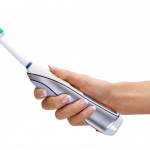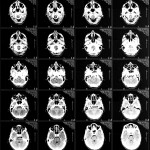
The appearance of primary teeth ( teething) is a natural process yet for many years it has been associated with a range of health problems in infants and young children. It also causes worry an anxiety for parents. The authors aimed to assess the impact of providing information on teething and its management as part [read the full story…]




